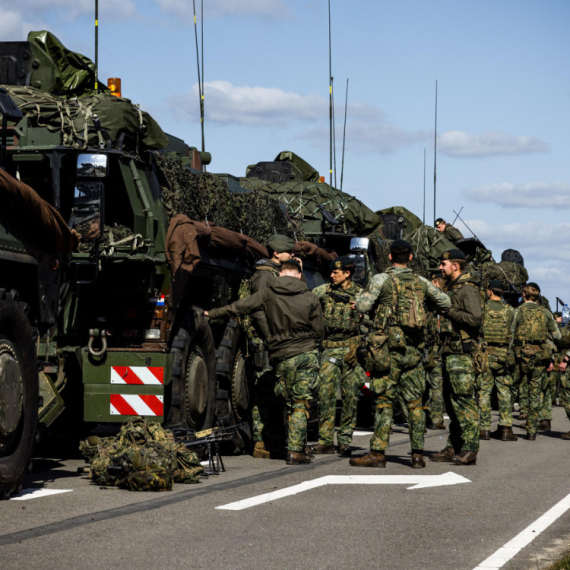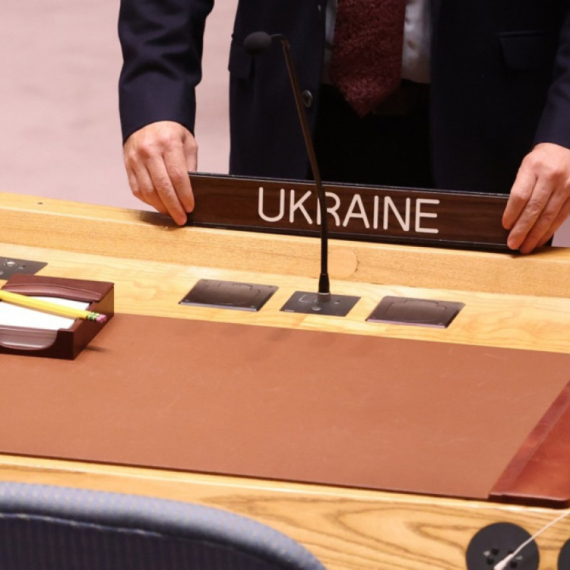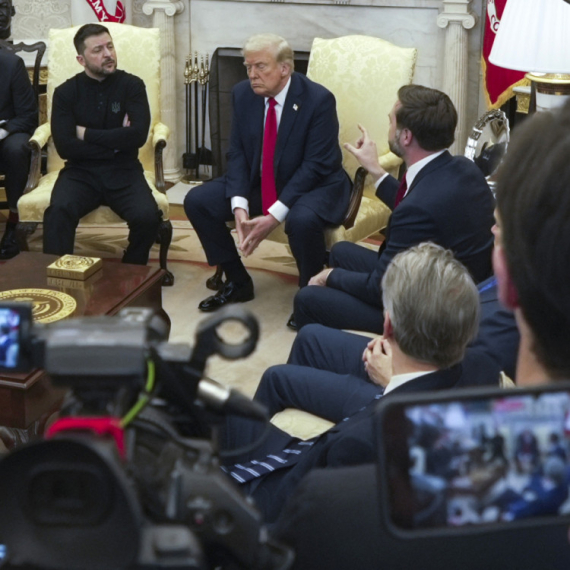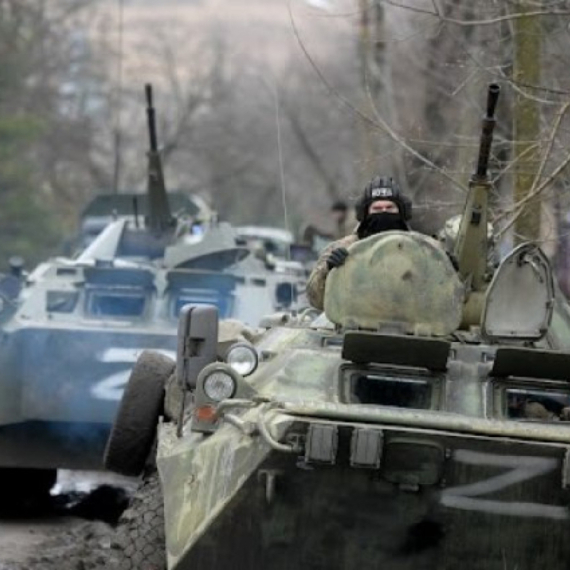Professor Jeffrey Sachs from Columbia University warns that the European Union is very fragile and that its collapse is possible. He points out that the EU might even exclude Hungary from the decision-making process due to its stance on the war in Ukraine. Sachs notes growing public dissatisfaction with the war, European leaders, and Brussels bureaucracy. He also states that the four key EU countries — the UK, France, Germany, and Poland — will not be able to secure a military victory for Ukraine, and US support is waning. This topic elicits different reactions across the political spectrum: the left emphasizes the need for modernization and peaceful resolution, the center highlights the complexity and need for unity, and the right supports a tough stance against Russia and military support for Ukraine.
Political Perspectives:
Left: The left-leaning narratives emphasize the fragility of the EU and the need for modernization and reform to prevent collapse. They focus on the public dissatisfaction with the war and the European leadership, advocating for peaceful solutions and criticizing the militarization and hardline stances. The left is skeptical about the military approach and highlights the risks of escalating conflict.
Center: Center-leaning reports present a balanced view acknowledging the EU’s fragility and the complex political dynamics, including Hungary’s dissent and the challenges in achieving consensus. They stress the importance of unity and modernization within the EU to maintain stability. The center also recognizes the limitations of military support for Ukraine and the shifting US position, advocating pragmatic approaches.
Right: Right-leaning narratives tend to support a firm stance against Russia, backing the military support for Ukraine despite acknowledging the challenges. They emphasize the need to not give in to Russian aggression and criticize any moves that might weaken the EU’s resolve. The right often downplays the possibility of EU collapse, focusing instead on strengthening defense and maintaining a tough foreign policy.


































































